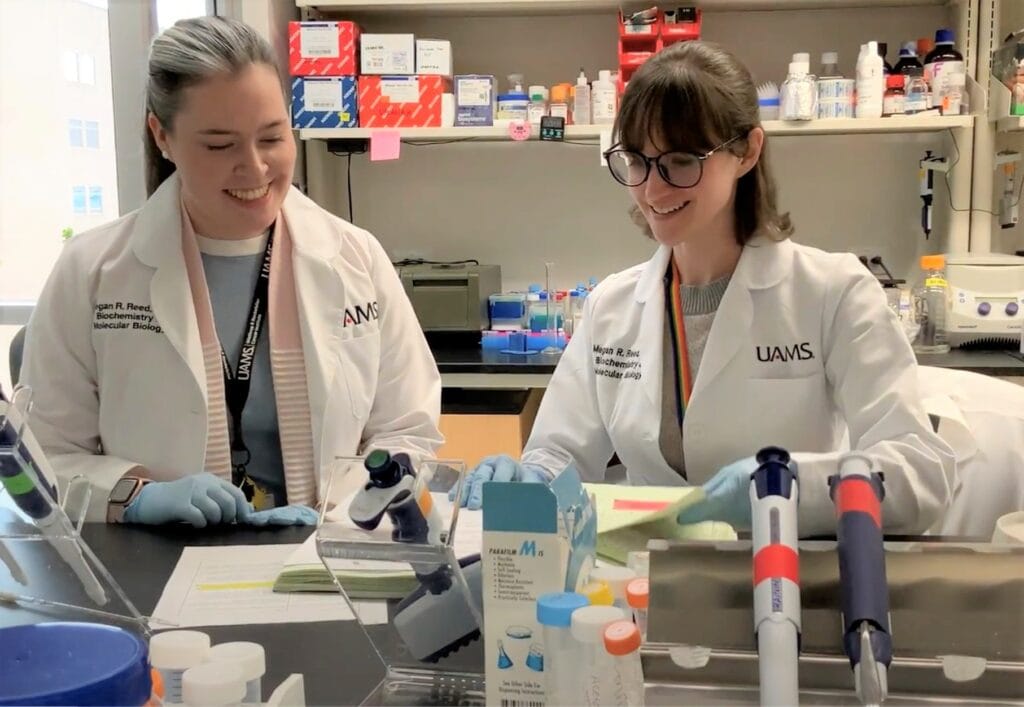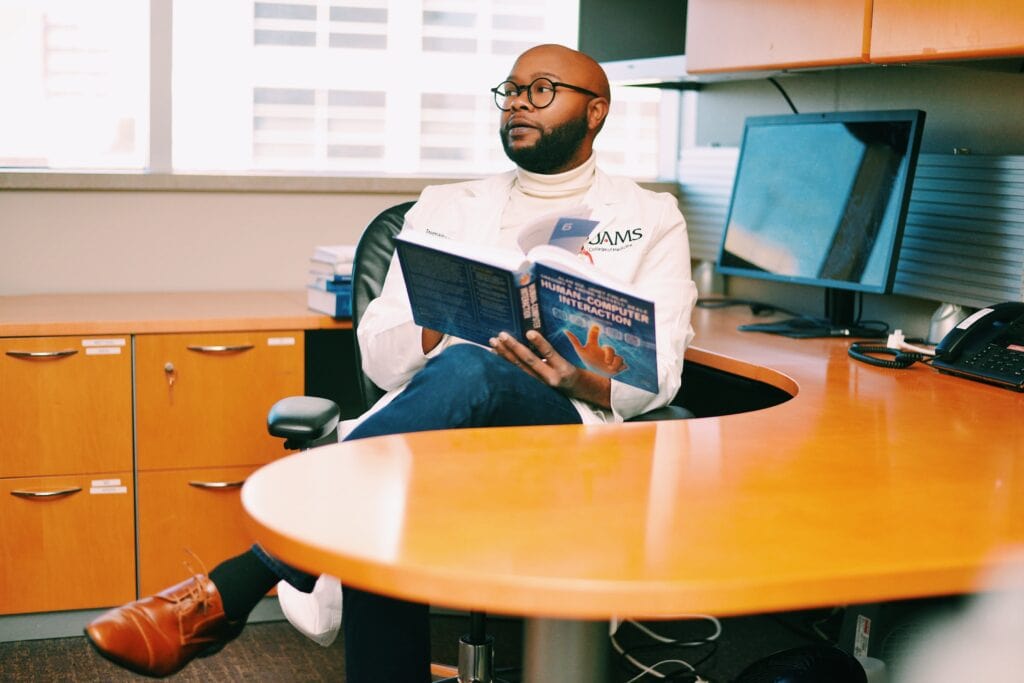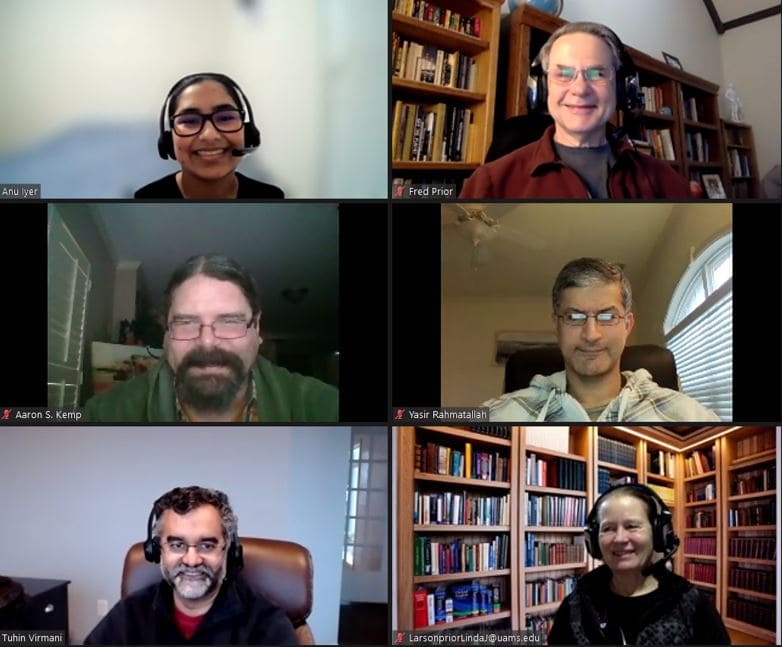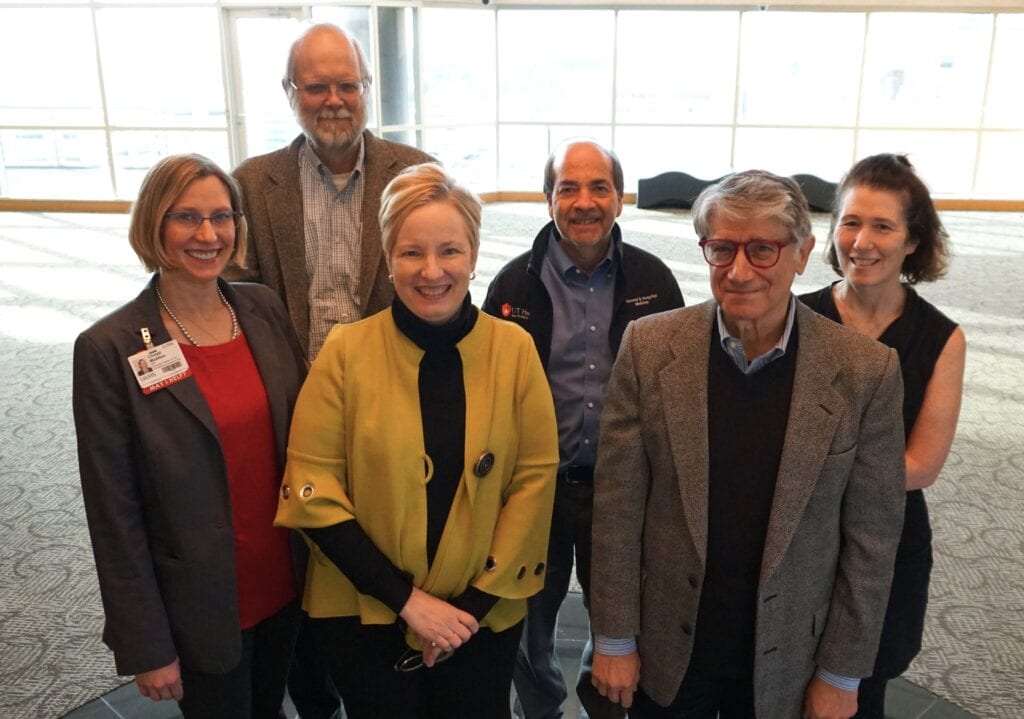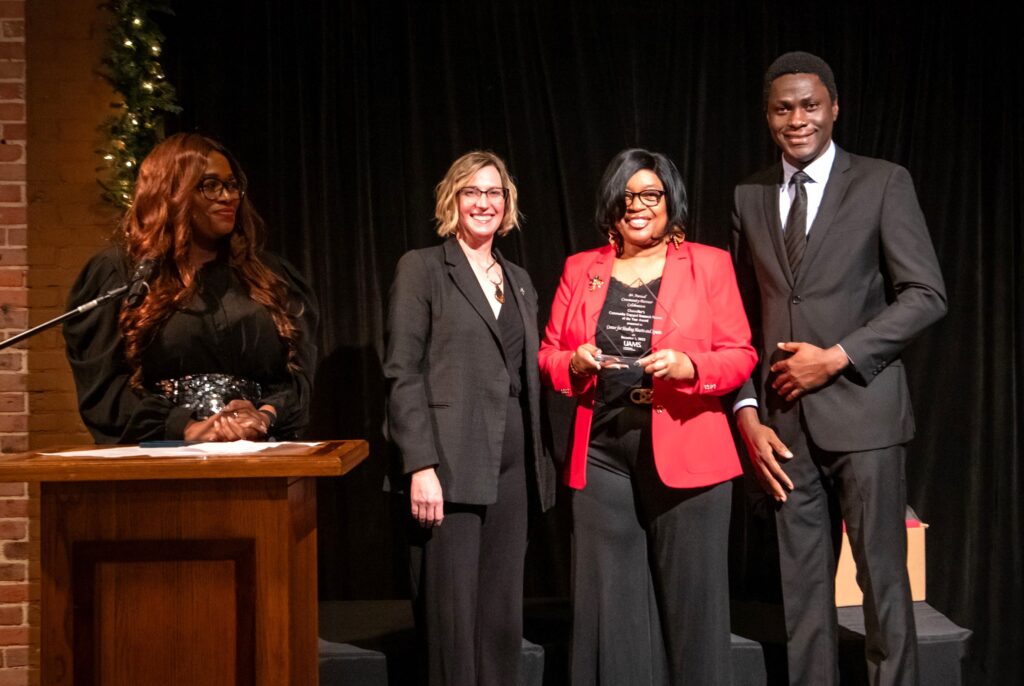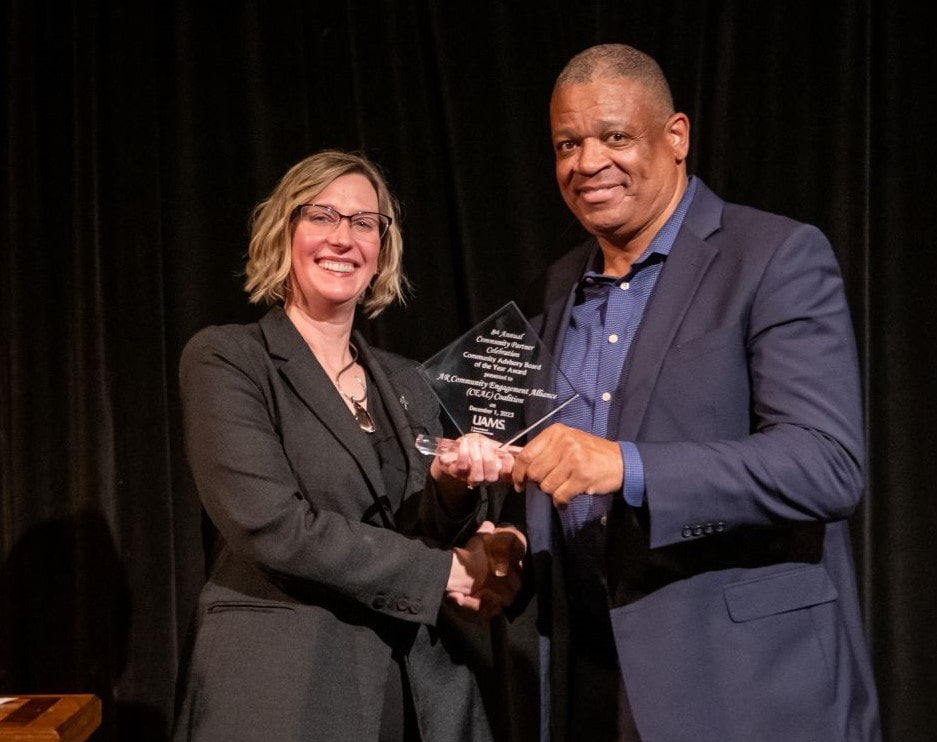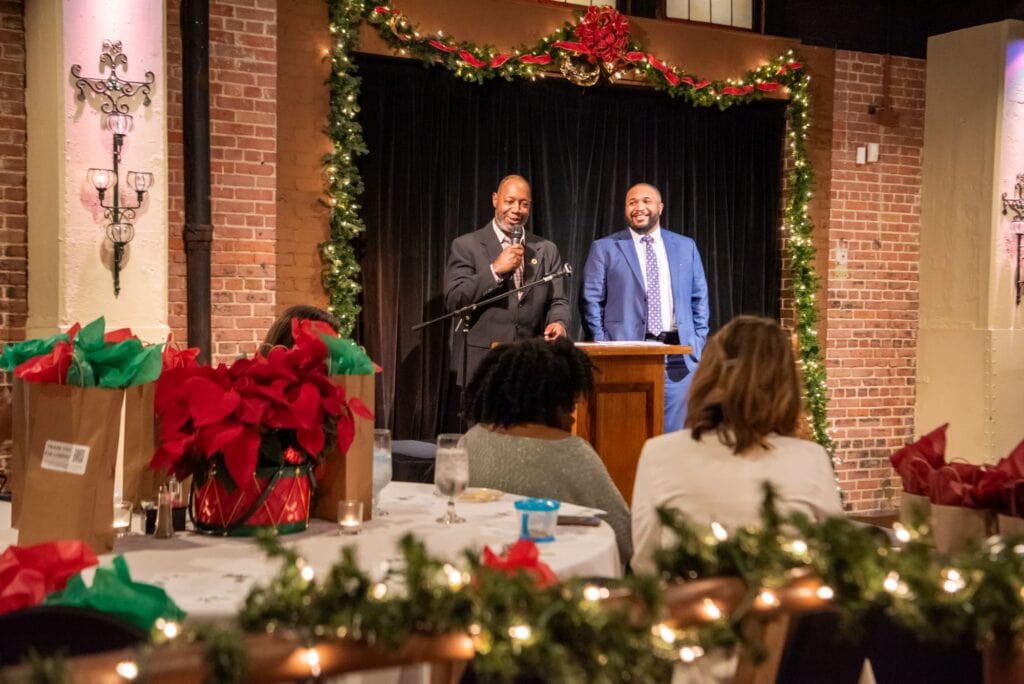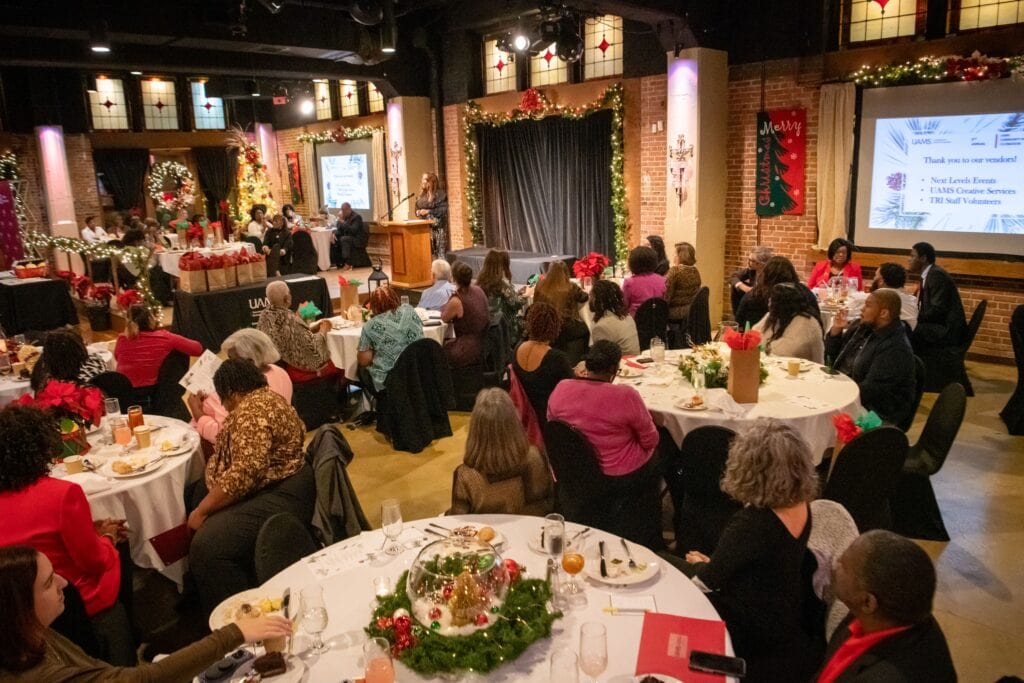TRI is excited to announce that registration is now open for a grant-writing workshop March 21 and 22 by the AtKisson Training Group (ATG).
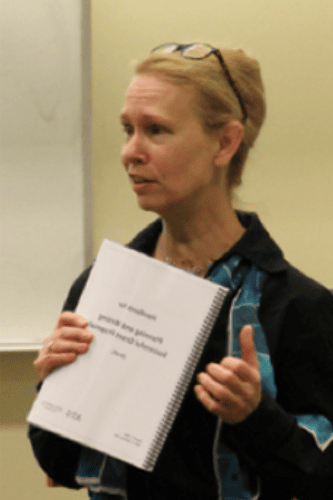
Don’t miss out on this exclusive opportunity to elevate your grant-writing skills at this free workshop sponsored by TRI and the UAMS Office of Community Health & Research.
Workshop Focus: Structuring NIH Proposals
Time: 9 a.m. to noon (Thursday and Friday)
Location: Virtual
Lead Presenter: M.S. (Peg) AtKisson, Ph.D., an acclaimed public speaker, trainer and former neuroscientist at Tufts University.
What to Expect: Hands-on activities focusing on the Specific Aims and Research Strategy sections of an NIH proposal. Dive deep into the mechanics of effective proposal construction and writing. Engage in practical exercises using both sample documents and sections related to your own proposals. This workshop promises vital insights and strategies to improve your grant application success.
“Dr. AtKisson and her team provide engaging, hands-on seminars filled with practical examples and exercises that will immediately impact the quality of your grant writing and funding success. I highly recommend the ATG Training Group to take your grant writing to the next level.” – Mario Schootman, Ph.D., co-director, TRI Translational Workforce Development
Contact: Adam Kleinerman, akleinerman@uams.edu

